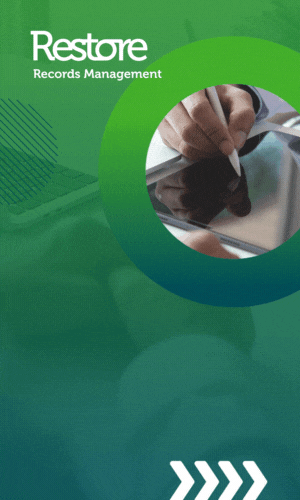The NHS Race and Health Observatory (RHO), an independent organisation which works to identify, explore and tackle ethnic inequalities in healthcare, has put out an invitation to tender for research into how tech, treatments and innovations are impacted by Equality Impact Assessments (EIAs).
The Observatory, which is supported by NHS England and Improvement, says it is specifically looking for work on how EIAs are “currently being used with regard to new treatments and disruptive digital innovations in health and social care”, with disruptive innovations defined as a “technology which addresses an unmet clinical need for the NHS, or which significantly improves current treatment options, and which is likely to be highly disruptive to current service delivery or lead to a step change in established care pathways in the UK.”
EIAs are used to, “make sure that new treatments, strategies, or innovations do not increase inequalities” but RHO raises concerns that they are not being completed to an “acceptable standard”. It adds that organisations often use their own bespoke versions, which can vary significantly, may not have been regularly updated, and could be considered “not fit for purpose”, with some smaller companies and start-ups also perhaps being unable to follow all the required processes.
To address this, The Observatory is therefore calling for EIAs to be “proportionate, accessible and fair to all organisations that develop new innovations and treatments”, and is tendering for new research into how they are being used in these areas.
RHO requests that the research have a “specific focus on ethnic health inequalities” and is “particularly interested in commissioning a mixed method study” that will consider: existing literature around best practice in EIAs, with a focus on the impact – or lack of – for Black and minority ethnic communities; qualitative information gathered through either a survey, focus groups and/or interviews with people who complete or review EIAs; a policy review of a sample of existing EIAs; community engagement with the scoping of the review and validating recommendations.
Questions that it’s hoped the work will answer include: how organisations use EIAs when implementing new treatments and digital innovations – including who is involved, how they cover protected characteristics, and how they impact commissioning decisions, small businesses and start-ups; what good EIAs and good mitigations look like; whether EIAs are shared outside the organisations e.g published online.
Any final report is expected to also encompass recommendations and ideas on how commissioners and developers can better use EIAs to target populations with the greatest need and innovations that have the biggest impact on marginalised groups, as well as how they can reduce potentially negative impacts and health inequalities.
The research will be expected to take 20 weeks, with further time allocated for review and sign-off, and bids for up to £35,000 accepted.
Find out more about the tender, here.





